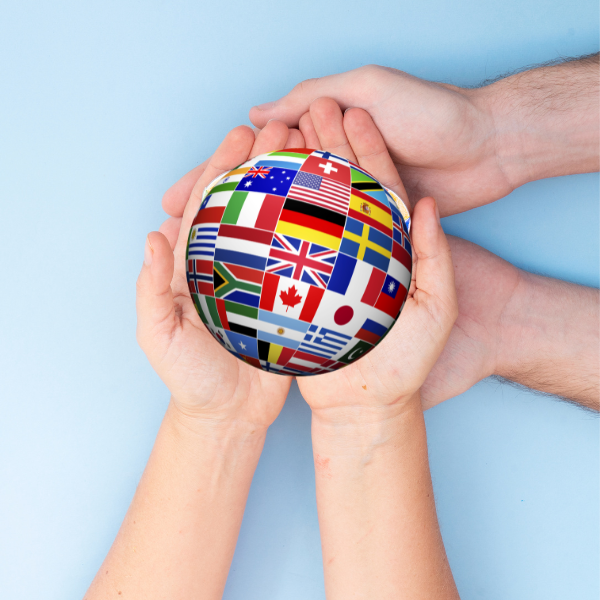International adoption is a legal process in which an individual or a couple from one country adopts a child from another country. In El Salvador, international adoption is governed by the Convention on Protection of Children and Co-operation in Respect of Intercountry Adoption (The Haya Convention, May 29, 1993). This convention establishes the principles and requirements that must be met in international adoption processes, with the aim of protecting the rights of the children involved in the process. These agreements establish specific procedures and requirements for international adoption between the countries involved.
Foreign individuals or families wishing to adopt must be citizens or have habitual residence in one of the States that have ratified the Convention. They must initiate the qualification process with the central authority, accredited bodies, or public authority of their country of permanent residence. After that, they can apply with the required documentation in El Salvador, exclusively at the Adoption Office.

